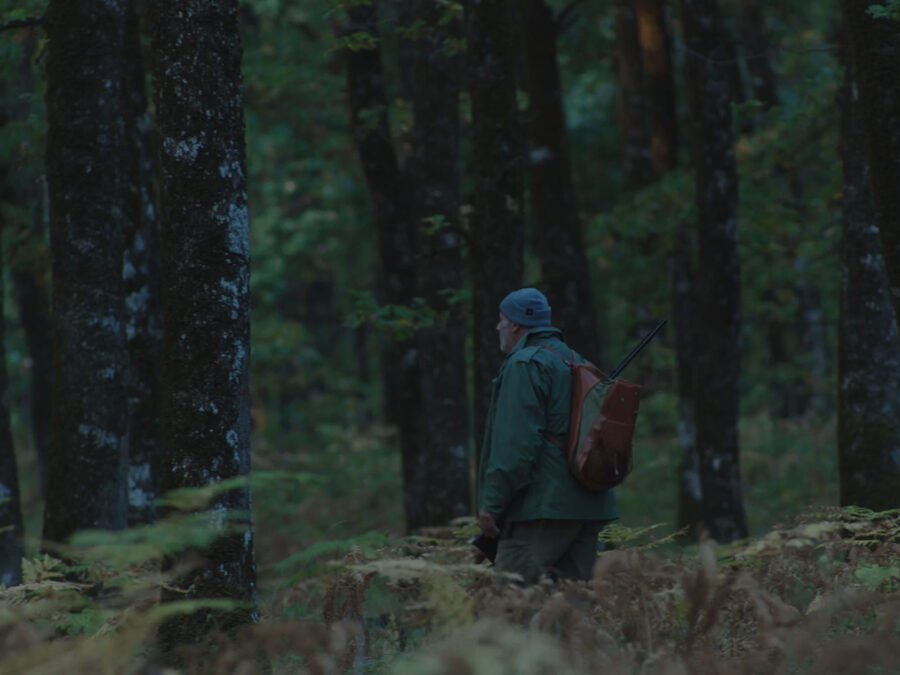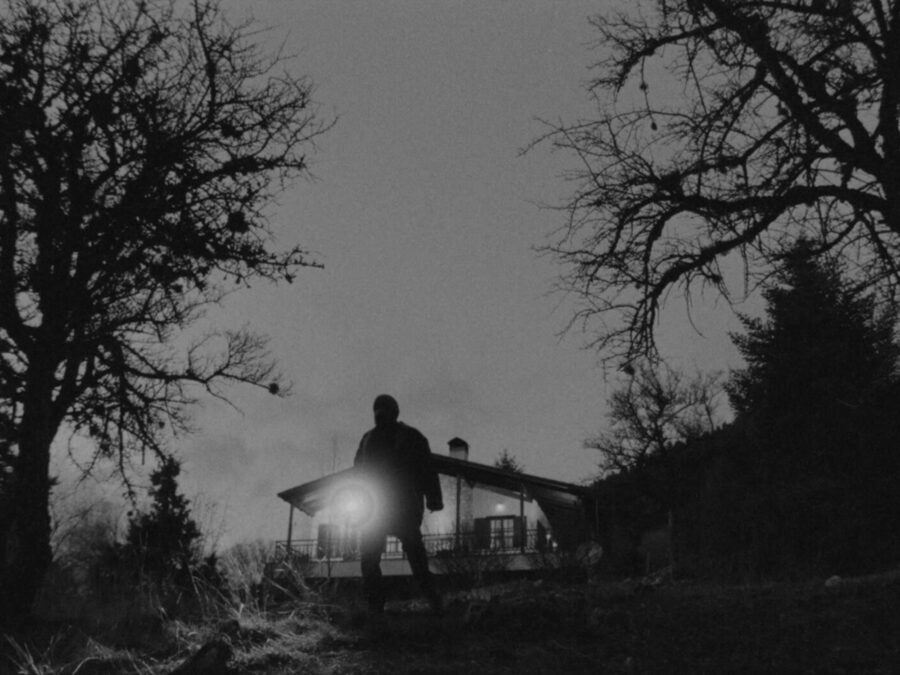How does one take the temperature of a national cinema? In a year when Greek directors like Yorgos Lanthimos, Athina Rachel Tsangari and Alexandro Avranas popped up on the festival circuit with films shot in languages other than their native one, it feels fitting to bet on a homecoming and look for the answer to this elusive question at Greece’s largest and most prestigeous film festival.
Nested by the shores of the Aegean Sea and with a sprawling beach offering clear views of Mount Olympus, Thessaloniki is a city built upon human resilience and the merging of different cultures. The old docks that now house the city’s Museum of Cinema and the Thessaloniki International Film Festival were once one of the first sights of Jewish people escaping the war – a haven for those in search of freedom. As one walks by the harbour in between the festival’s many screenings, it’s hard not to think of art as a tool of empathy and a shared language.
So, despite the festival’s bountiful crop of Greek features this year — 22 in total, spread across many programmes — two sections feel particularly deserving of a proper rummage to get a deeper understanding of the current state of Greek filmmaking: Meet the Neighbors, comprising first or second features from Greece’s neighbourhood of Southeastern Europe, the Mediterranean and the Middle East and >>Film Forward, prodding at the work of filmmakers challenging our reality and the conventions of genre.

Christos Pitharas’s sophomore narrative feature Hunt, and Daniel Bolda’s Maldives centre around the relationship between lonely men and dogs. The former, a tense drama shot in a tight 4:3 ratio, finds hunter Yannis (Yannis Belis) looking for some peace and quiet following the death of his mother and the overwhelming bureaucracy that succeeds it. Instead, he gets a loud next-door neighbour whose neglected dog barks day and night. The latter trails an elementary music teacher in a small mountainside town who begins to question his sanity once the sorrow coming from the disappearance of his beloved dog brings forth eerie visions of the afterlife.
Both films are infused with a stark sense of how loneliness slithers through community as a quiet, treacherous snake. The two men have their meticulously curated routines interrupted by the sudden loss of a last remaining tie to polite society, somewhat finding a twisted, primitive kind of freedom amongst the heaviness of their grief. While Pitharas roots his terse — both in runtime and pacing — thriller in a highly effective, tangible reality that amplifies Yannis’s descent into violence, Bolda taps into magical realism to play with notions of the real and the dreamlike, seesawing between the nostalgic common ground of a classroom and the lawless, uncanny corners of the forest.
If Hunt and Maldives provide fodder for quiet, moving introspection, Christos Massalas’s Killerwood and Alexandros Tsilifonis’s CAFÉ 404 walk in the opposite direction. These two comedies, although starkly differing in tone and earnestness, parody well-established beats: Killerwood takes a stab at both the classic behind-the-scenes mockumentary and true crime soaps and CAFÉ 404 plays with the all-American trope of a night of escalating chaos at a roadside diner.

Massalas’s satire follows a film crew during prep for a thriller investigating a series of unsolved murders in modern-day Athens and strikes just the right dose of sarcasm with a healthy pinch of self-awareness, handing out throwaway digs at how Greek filmmakers worship at the altar of Lanthimos while painting an amusing caricature of the over-preoccupied millennial wannabe auteur. CAFÉ 404 is rougher-around-the-edges, a spoofy action thriller about a young man who, hoping to keep the doors of the titular café open, is dangerously tempted by a mysterious bag.
There’s a sense of playfulness to both films that is welcome even when misguided, their containment allowing for the kind of risk-taking that speaks directly to the joys and possibilities of filmmaking and thus feeds into our opening question. What is Greek cinema looking like these days? Leaving Thessaloniki, the answer is less a definition and more a feeling, and a very good one at that.
The 2024 Thessaloniki International Film Festival ran from 31 Oct to 10 Nov 2024.







